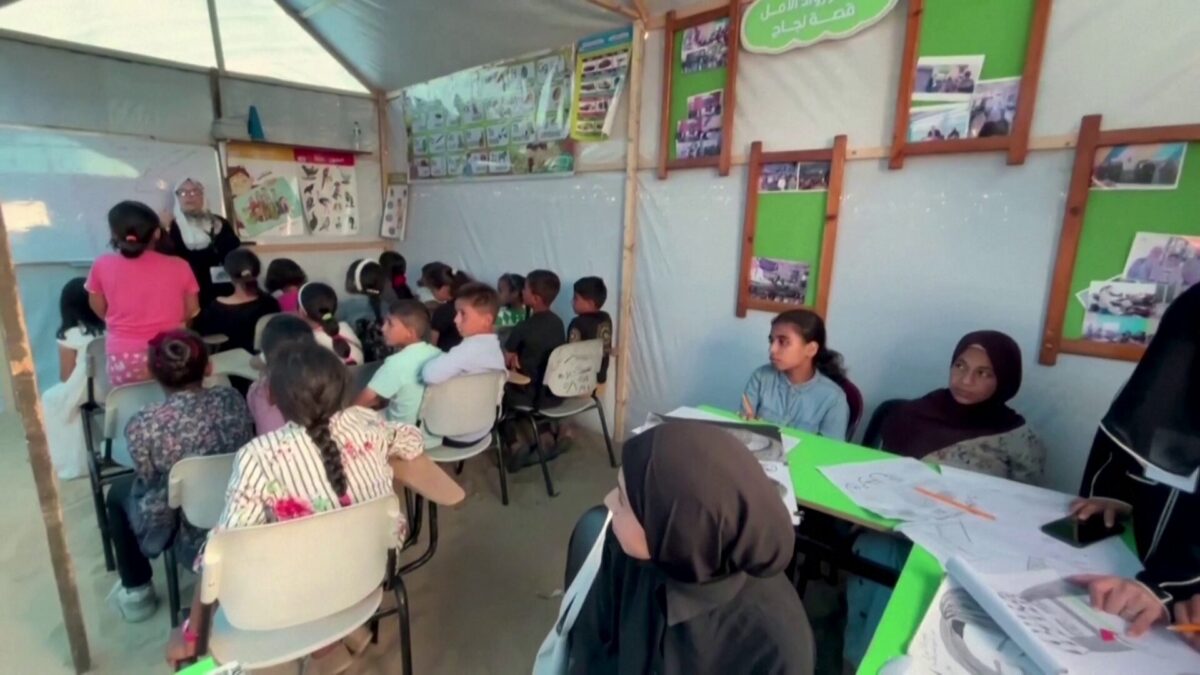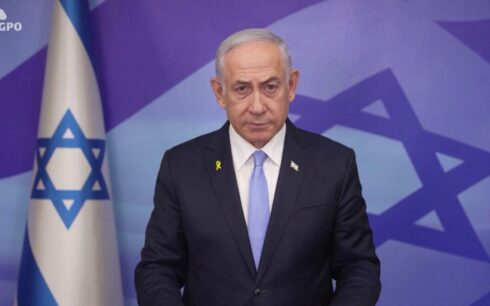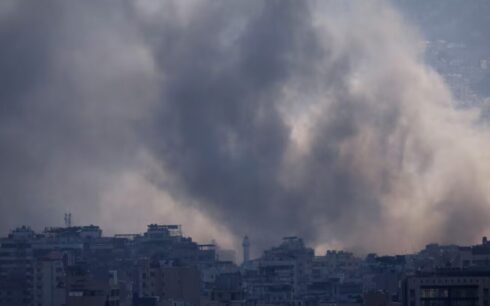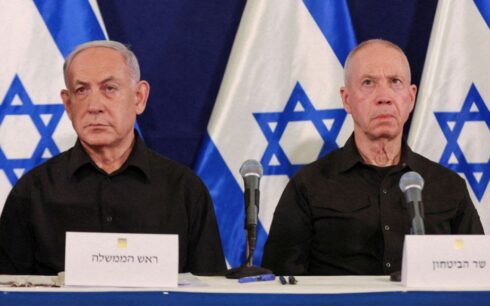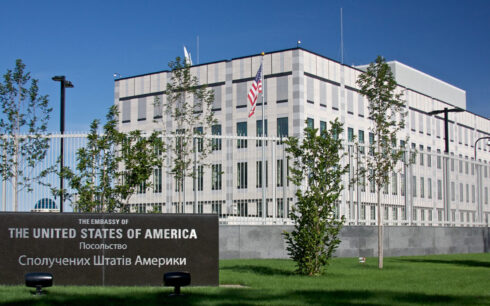Pupils in Gaza, sitting cross-legged on the sand, take classes in a tent near Khan Younis. Two sisters connect online to a West Bank school from Cairo, while a professor in Germany assists Palestinian students in linking up with European universities.
Following the closure, damage, or destruction of their educational institutions during more than seven months of war, Gazans, both within and outside the territory, are making efforts to resume their education.
“We are receiving students, and a very large number are still waiting,” said Asmaa al-Astal, a volunteer teacher at the tent school near the coast in al-Mawasi, which opened in late April.
Rather than allowing children to lose a whole year of schooling as they hide from Israeli bombardments, “we will be with them, we will bring them here, and we will teach them,” she said.
Gazans fear that the conflict between Israel and Hamas will inflict long-term damage on their education system, a source of hope and pride in the enclave that they believe will outlast the fighting.

Gaza and the occupied West Bank boast high literacy rates internationally, but Israel’s blockade of the coastal Palestinian enclave and repeated conflicts have rendered the education system fragile and under-resourced.
Since the war began on Oct. 7, schools have been bombed or converted into shelters for displaced people, leaving Gaza’s estimated 625,000 school-aged children unable to attend classes.
All 12 of Gaza’s higher education institutions have been destroyed or damaged, leaving nearly 90,000 students stranded. More than 350 teachers and academics have been killed, according to Palestinian official data.
“We lost friends, doctors, teaching assistants, professors, and so many things in this war,” said Israa Azoum, a fourth-year medical student at Gaza City’s Al Azhar University.
Azoum is volunteering at Al Aqsa Hospital in Deir al-Balah to help the overstretched staff cope with waves of patients.
“I never feel tired because this is what I love doing. I love medicine, I love working as a doctor, and I don’t want to forget what I have learned,” she said.

Fahid Al-Hadad, head of Al Aqsa’s emergency department and a lecturer at the Faculty of Medicine at the Islamic University of Gaza, said he hopes to resume teaching despite losing books and papers accumulated over more than a decade when his home in Gaza City was destroyed.
Online instruction, complicated by weak internet, could at least allow students to complete their degrees, he said. The buildings of the Islamic University of Gaza and Al Azhar University stand badly damaged and abandoned on neighboring sites in Gaza City.
“We are ready to give lessons in any way, but much better inside Gaza than outside. Remember, we are doctors and we are working,” Hadad said.
Tens of thousands of Gazans who crossed into Egypt also face challenges. Though living in relative safety, they lack the documents required to enroll their children in schools, so some have signed up for remote learning offered from the West Bank, where Palestinians have limited self-rule under Israeli military occupation.
The Palestinian embassy in Cairo is planning to supervise end-of-year exams for 800 high school students.
In southern Gaza, where more than a million people were displaced, the UN children’s agency UNICEF is organizing recreational activities like singing and dancing along with some basic learning. It plans to create 50 tents where 6,000 children will be able to take classes in three daily shifts.
The UN estimates that 72.5% of schools in Gaza will need full reconstruction or major rehabilitation.

